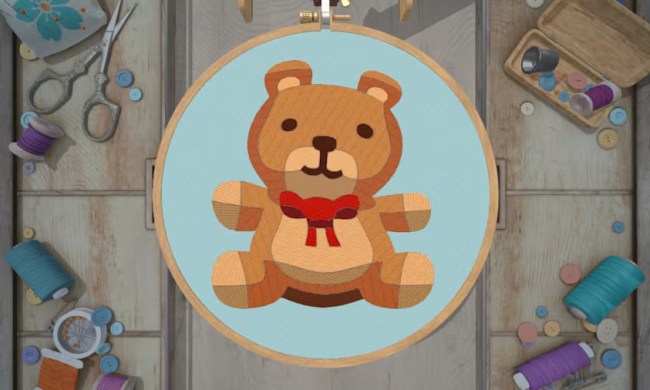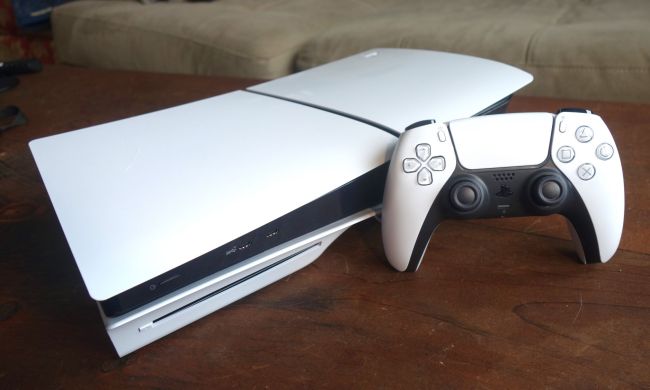Nintendo is altering its mobile gaming strategy — again.
The Kyoto, Japan-based game maker, which dove into the deep end of the mobile space five years ago, is headed back to the kiddie pool, as revenues have failed to match expectations and forced quarantine has driven more players to the Switch.
“We are not necessarily looking to continue releasing many new applications for the mobile market as much as we are looking at the continuation of our mobile business as a way to make active use of Nintendo IP,” Nintendo president Shuntaro Furukawa said in an earnings Q&A in May.
Put another way: Mobile, now more than ever, is largely a marketing arm for Nintendo’s franchises that the company hopes will drive players to its platforms.
Two years ago, Furukawa predicted mobile would be a $1 billion business for Nintendo. In the just-completed fiscal year, the division took in $479 million. Sales percentages increased more for mobile games than dedicated video game platforms, but when it came to hard dollars, the Switch was the dominant leader.
Expect the Switch to lead both columns this year as Animal Crossing: New Horizons has been the breakout game of the 2020 pandemic. The game has sold more than 13.4 million copies since its launch. It is the fastest-selling game to date on the Switch and the best-selling entry in the series. (The previous frontrunner, Animal Crossing: New Leaf, took six years to hit 12.5 million in sales. New Horizons hit its numbers in six weeks.)
Those numbers weren’t the sole reason Nintendo stepped back from mobile, but they were a factor. Even if you discount the bump the game saw because of people stuck at home, its strength was a sign to Nintendo management that the company is simply better at making console games than it is creating mobile titles.
That makes sense, of course. Nintendo was dragged kicking and screaming into the mobile world. Smartphones represented a threat to the company’s mobile gaming platforms. In 2011, Satoru Iwata, then-president of Nintendo, vilified mobile games in a keynote address at the Game Developer Conference, shocking those in attendance (many of whom were mobile developers themselves).
“Smartphones and social network platforms are not at all like our [industry],” he told developers. “These verticals have no motivation to maintain the high value of video games. For them, content is something that is created by someone else. Quantity is what makes money for them. Quantity is how they profit. The quality of video game software does not matter to them. … The fact is: What we produce has value, and we should protect that value.”
There’s another factor in this. While the Switch is still red hot at retail, it will no longer be the new kid on the console block as of this winter. Nintendo is absolutely working on whatever its next-generation machine will be. And while the timeline for that is still uncertain (it will ride the Switch for as long as possible, of course), the company will be counting on that next system’s momentum. And holding back new Mario or Animal Crossing releases for that system will certainly help build that.
There’s also a difference in making a console game and a mobile game — and Nintendo never quite figured out the formula for the later. Even taking a 10% ownership stake in DeNA didn’t do the trick.
The most popular mobile games have levels that can be completed in just a minute or two, offer regular new challenges or events, and are designed to encourage people to spend money in the game, but not to make them feel like they’re forced to do so. None of the half-dozen Nintendo mobile games hits that target.
Console games are designed for longer play sessions, and Nintendo has shown no interest in in-game monetization. And they’ve spent decades defining what a game in each franchise feels like, so trying to shoehorn that into the different expectations of a mobile game is an awkward affair.
Nintendo is hardly alone in this dilemma, of course. Neither Microsoft nor Sony have a notable presence in the mobile space. And neither seems especially dedicated to growing one.
You can’t blame Nintendo for giving mobile a try. And, from a business perspective, it’s hard to fault the company for pivoting to make it solely a marketing play. But from a gamer’s point of view, it’s frustrating a company that’s so talented couldn’t find a way to take advantage of a platform with so much potential.



